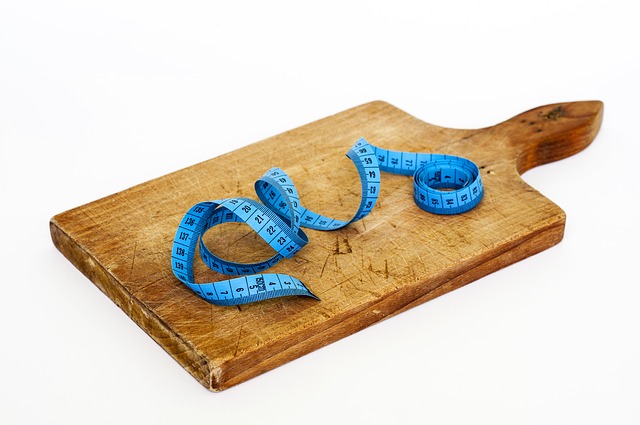If your loved one is dependent on alcohol, is he or she more likely to suffer from an eating disorder? Researchers at the Washington University School of Medicine think so. Learn more about this newest discovery and how this link might affect alcohol treatment outcomes everywhere. The Study Behavior scientists have long accepted that genetics affect both a person’s predisposition for alcoholism as well as an eating disorder. This latest study, however, found the same genes that affect predisposition for alcoholism also affect the chances your loved one might suffer from an eating disorder, and vice versa. The study, published in the Journal of Studies on Alcohol and Drugs, examined the behavior of about 6,000 male and female adult twins. By analyzing the differences in behavior between fraternal twins — who share half of their genetic makeup — and identical twins — who have identical genes — the study’s authors were able to measure how much of alcoholism and eating disorder behaviors have genetic versus environmental causes. The Statistics The study is noteworthy for more than the results linking alcoholism and eating disorders. Eating disorders are largely seen as an issue affecting women’s health; however, the study found that 11 percent of the men who reported alcohol dependency also reported problems with binge eating. Because 13 percent of alcohol-dependent women reported binge eating, preliminary results indicate that further study of men’s eating habits may be warranted. Fourteen percent of women reported additional compensatory eating disorder problems such as purging or laxative abuse. Further Study Most of the study’s participants are Caucasians from Australia. The study’s lead author, Melissa Munn-Chernoff, plans to expand the study to include more races to see if the behavior pattern repeats itself across other ethnic groups. She also plans to sample participants’ saliva and blood for the purpose of identifying the specific genes that point toward alcohol-dependent and eating disorder behaviors. How the results play out remains to be seen. The consequences for current alcohol treatment are immediate; however, Munn-Chernoff notes that few alcohol rehab centers query clients as to their current eating habits. Recovery clinics that address both issues at the same time while focusing on helping clients develop a healthy, active lifestyle that includes sound eating habits may be at the forefront of addiction — and eating disorder — education and treatment. (Photo via)

